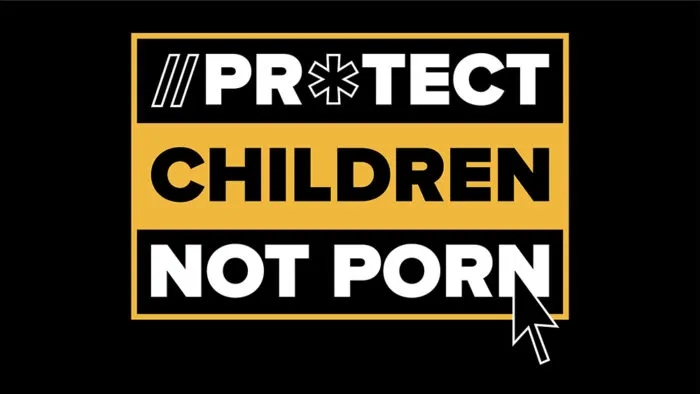The Internet, with its countless resources, has changed the way we live, work, and entertain ourselves. Unfortunately, this virtual world is not always a safe place for our children. One of the major risks associated with the Internet is easy access to pornography. This is a subject that concerns many parents, educators, and legislators. How do we protect our minors from this undesirable content? This is the question we will try to answer in this article.
Online Pornography: A Growing Phenomenon
Pornography has always existed, but the Internet has amplified its proliferation. Studies show that the majority of teenagers have been exposed to pornographic content before the age of 18, often accidentally. This situation can have serious consequences on their psychological development, their perception of relationships, and their overall well-being.
The Consequences for Minors
Early exposure to pornography can blur young people's perception of intimate relationships, sexuality, and respect for partners. It can also contribute to the normalization of aggressive or non-consensual sexual behaviors. Furthermore, this exposure can cause confusion, anxiety, and other emotional disturbances in children and adolescents.
How to Protect Our Children?
- Education and communication: It is essential to talk openly about pornography with children. This helps them understand what they see, distinguish fiction from reality, and develop a critical mindset towards these contents.
- Technological tools: Several software and applications allow filtering and blocking access to adult content. They can be installed on computers, smartphones, and tablets. Although they are not foolproof, they provide a useful first barrier.
- Supervision: Parents must be vigilant about their children's Internet use. This means knowing the sites they visit, the applications they use, and most importantly, setting clear rules about Internet use.
- Legislation: Many countries have implemented laws aimed at protecting minors online. These laws range from simple bans on broadcasting pornographic content to minors, to obligations for adult sites to verify the age of their visitors.
Collective Responsibility
While the primary responsibility lies with the parents, it is also the duty of society as a whole to protect its youngest members. Internet service providers, content creators, educators, and even peers play a role in protecting children from online pornography.
Conclusion
Protecting minors from online pornography is a major challenge of our time. It is essential to address this topic openly and honestly with our children and to provide them with the tools and knowledge they need to safely navigate the Internet. As a society, we must join forces to ensure a safe digital environment for our young people.

 Are you 18 years old?
Are you 18 years old?